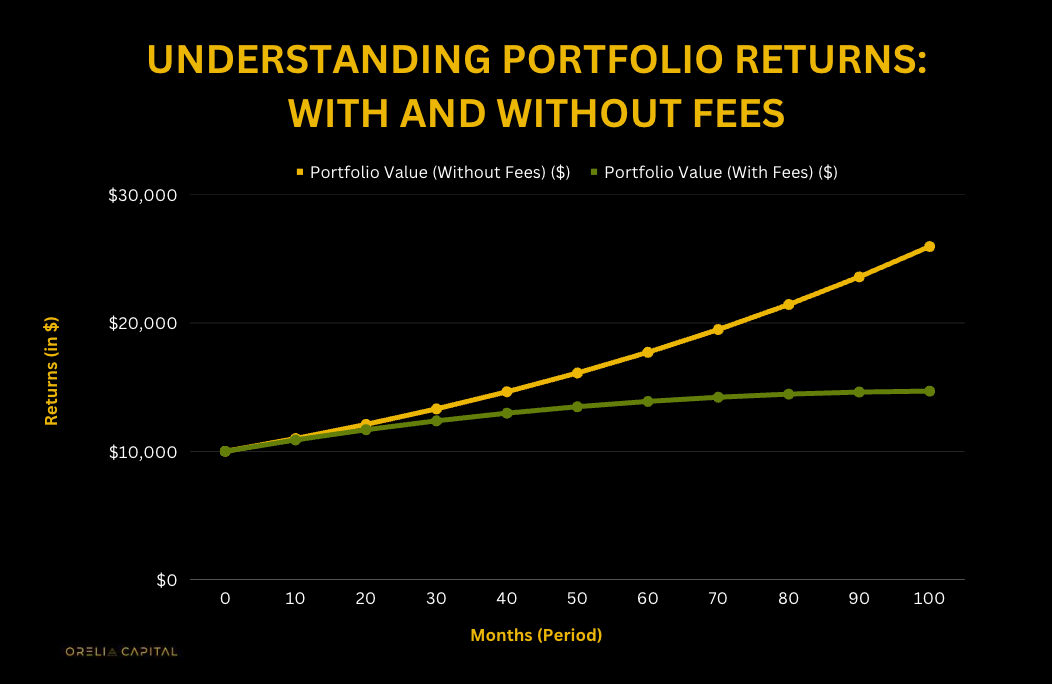Common Investment Pitfalls to Avoid

Investing is like embarking on a journey filled with potential rewards and unforeseen challenges. In this article, we'll serve as your experienced guides, helping you navigate the investment landscape while avoiding common pitfalls. We'll explore ten crucial investment mistakes to avoid and offer straightforward solutions to protect your financial future. Whether you're a seasoned investor or just beginning your journey, these insights will keep you on the right track towards financial success. So, let's embark on this journey together and discover how to invest wisely while avoiding the common traps.
Ten Common Investing Mistakes and Solutions to Avoid Them
Ignoring Diversification:
- Risk of Overconcentration: Putting all your money into a single investment, like a single stock or asset, can be risky. If that investment performs poorly, it can lead to substantial losses.
- Solution: Diversification means spreading your investments across various asset classes (e.g., stocks, bonds, real estate). This helps reduce the impact of poor performance in one area on your overall portfolio.

Market Timing Errors:
- Missed Opportunities: Trying to predict the perfect time to enter or exit the market is challenging. Investors often miss out on potential gains while waiting for the "right" moment.
- Solution: Instead of market timing, consider a long-term investment strategy. Regular contributions (dollar-cost averaging) help mitigate the risks of trying to time the market.
Overlooking Risk Tolerance:
- Panic Selling: Investing in assets that don't match your risk tolerance can lead to losing investments during market downturns due to fear and panic.
- Solution: Evaluate your risk tolerance objectively, considering factors like financial goals and time horizon, then choose investments that align with your comfort level.
Chasing Hot Trends:
- Speculative Risks: Investing solely because an asset or sector is popular can expose you to speculative and potentially risky investments.
- Solution: Always conduct thorough research before investing, regardless of an asset's popularity, to ensure it aligns with your overall financial strategy.
Neglecting Fees and Expenses:
- Eroding Returns: High fees, commissions, and other investment expenses can deteriorate your investment returns over time.
- Solution: Opt for investment options with lower costs, such as index funds or exchange-traded funds (ETFs), to preserve more of your returns.

Neglecting Research:
- Blind Following: Following investment tips or recommendations without research can lead to poor investment choices.
- Solution: Take the time to thoroughly research an investment, considering factors like its financial health, historical performance, and long-term outlook, before making any decisions.
Lack of a Clear Investment Strategy:
- Ad-Hoc Decisions: Making investment decisions without a clear strategy can lead to inconsistency and haphazard choices.
- Solution: Define your investment goals and create a clear, long-term strategy outlining your asset allocation, risk tolerance, and timeline for achieving your objectives.
Failure to Rebalance:
- Unintended Risk: Neglecting to rebalance your investment portfolio periodically can lead to an unintentional shift in your asset allocation, potentially exposing you to more risk than intended.
- Solution: Regularly review and adjust your portfolio to maintain your desired mix of assets and align with your overall investment strategy.
Ignoring Tax Implications:
- Tax Inefficiency: Neglecting to consider the tax consequences of your investments can lead to reduced returns over time.
- Solution: Utilize tax-efficient investment accounts and strategies to minimize tax liability, ensuring more returns stay in your pocket.
Emotional Investing:
- Fear and Greed: Letting emotions like fear and greed drive your investment decisions can result in impulsive choices that may not align with your long-term financial goals.
- Solution: Develop a disciplined approach to investing, stick to your predetermined strategy, and avoid making decisions based solely on emotional reactions to market fluctuations.
Conclusion
In investing, avoiding common mistakes is vital to financial success. By preventing these investment mistakes and adopting a disciplined and informed approach, you can safeguard your financial future and set yourself on the path to prosperity.
Knowledge and patience are your most valuable tools on this investment journey.
Happy Investing!

We hope you enjoyed this edition of our newsletter. If you found it helpful, please consider sharing it with others who might benefit from this information.
At Orelia Capital, we believe that feedback is a gift. Your feedback can help us improve our content and provide more value to our readers.





